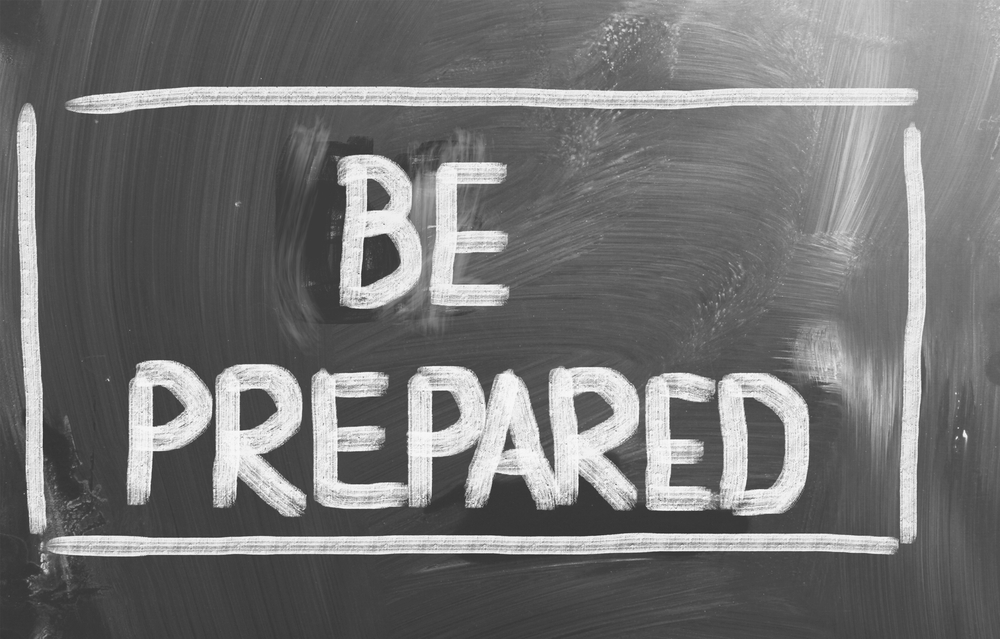Trading Psychology: Does Practice Make Perfect?

Peak performance is an exciting area of biological and psychological research, because it is stretching the boundaries of what is possible. It is mostly applied to athletics, but peak performance research is very relevant for traders and investors, too.
Unfortunately, most traders spend little time cultivating the skills that will actually foster peak performance. Instead, they focus their efforts on only one area related to performance, namely analysis.
Certainly, there’s a lot to analyze and one can stay quite busy analyzing the market, analyzing a list of stocks or ETFs, analyzing company fundamentals and prospects, technical indicators, macro-economic influences, the Fed, interest rates, the high yield bond market, the price of crude oil, the debt super cycle, what’s happening in Japan, etc. etc. These are all topics I saw articles on today.
We are awash in analysis, but when we actually get hands-on with financial opportunities, most traders and investors become somewhat irrational.
That’s because trading and active investing is largely a performance skill, very much like a sport. As with any sport, there is a huge difference between analyzing what you should do and how you should do it… vs. being able to do it and actually doing it.
I call this discrepancy The Performance Gap.
You can’t learn much of a practical nature from a book about swimming, or sky diving, or rock climbing, or tennis, etc. And you can’t learn the performance side of trading from a book, either.
BEYOND ANALYSIS
If you want to improve your trading results, you may need to pay more attention to two elements that lie beyond analysis. Those elements are trade method and trade management, which is really self-management, as I’ll explain in a moment.
Analysis is important because it defines your theoretical edge in the market… an edge you can potentially exploit. This might be a theme, or a pattern of some sort that makes sense to you. Hedge funds are largely defined by their investment themes, which might change quarter to quarter, or perhaps less often.
But then, you need a method. One’s method is the means you have crafted to exploit your theoretical edge. This includes identifying a suitable investment vehicle and defining the variables that comprise the trading/investing system that can exploit your analysis in the real world. One example of a simple method, as I’ve discussed in some articles for Trader Planet, is using the 13-ema and a trendline break on a monthly chart to determine trend.
The third and final factor is the actual management of the trade, which is where the psychological challenges arise. Like giving a piano recital or playing a tennis match, this involves your personal performance of the method in a live market.
You may find that this when things can get off track. Suddenly, you are second guessing yourself, cutting winners short, letting losers run and are generally unable to profit from your original analysis.
Peak performance research indicates that even 10,000 hours of practice won’t make you a master trader; it’s how you practice that matters. The key is to practice improving something you are not good at and doing this very deliberately, with focused attention and immediate feedback… on a daily basis.
Then… and only then, does practice make perfect.
www.Daytradingpsychology.com/mastermind


